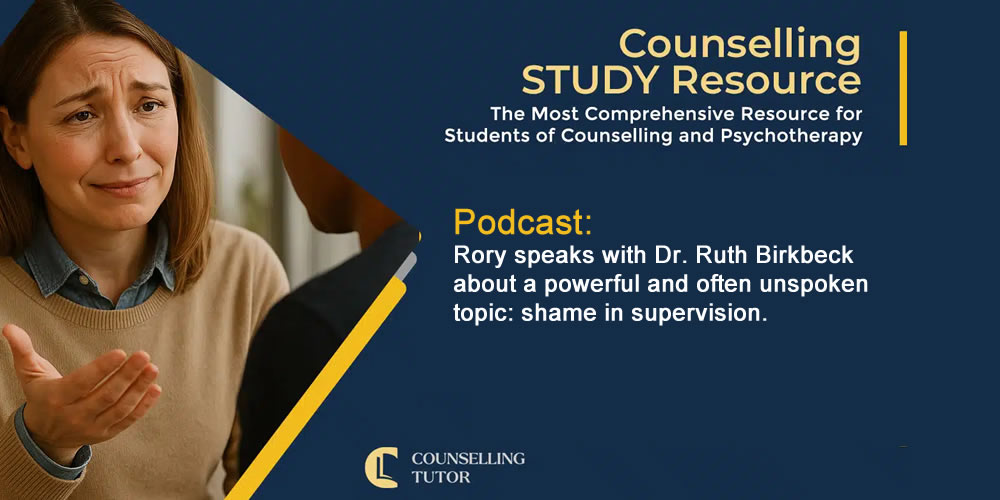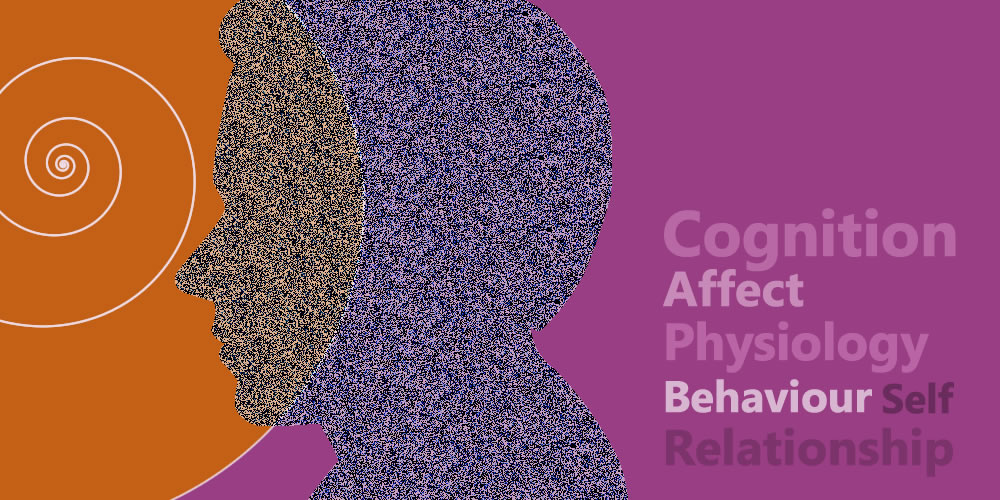‘Practice Matters’, Rory speaks with Dr. Ruth Birkbeck about a powerful…

What is Integrative Psychotherapy?
Integrative Psychotherapy is a collection of developmentally-based and relationally-focused concepts about the practice of psychotherapy. The theories and methods of Integrative Psychotherapy serve as a blueprint for the psychotherapist to facilitate clients’ internal integration of physiological sensations, feelings, thoughts, and actions.
In short, integration means becoming whole, with full access to all that one is and may become. The term integrative refers to the full synthesis of affective, behavioral, cognitive, and physiological theory and methods of psychotherapy as well as the outcome of psychotherapy – the integration or assimilation within the client of the fragmented or fixated aspects of the personality.
The original and primary meaning of “integrative psychotherapy” was composed by Dr. Richard G. Erskine in 1972 while he was a professor at the University of Illinois. Integrative Psychotherapy is about the process of integrating the personality. It involves the psychotherapist facilitating clients‘ development of a comprehensive and congruent narrative of their sense of self; replacing archaic means of self-protection with mature forms of self-stabilization and self-regulation; and, becoming aware of unconscious relational patterns so that the person can learn and grow from each experience in life.
Integrative Psychotherapy involves the process of making whole: taking disowned, unaware, unresolved or fragmented aspects of the self and integrating them within a cohesive entity. Through integration, it
becomes possible for people to engage the world with full contact and to have the courage to face each moment openly and freshly, without the protection of a preformed opinion, position, attitude, or expectation. An objective of Integrative Psychotherapy includes having each person assume personal awareness and responsibility so that their behavior is by choice in the current situation and not stimulated by compulsion, fear, or conditioning. This is accomplished in part through the use of the therapist-client relationship — the ability to create full interpersonal contact in the present as a stepping stone to healthier relationships with other people and a satisfying sense of self.
The word “Integrative” of Integrative Psychotherapy also refers to the integration of theory, the bringing together of affective, cognitive,
Dr Ruth Birkebaek is a Certified International Integrative Psychotherapist Trainer and Supervisor (CIIPTS-IIPA), a Certified Transactional Analyst (CTA and PTSTA), UKCP registered psychotherapist and a Medical Doctor. She offers training courses in psycotherapy and counselling
She also offers therapy and counselling from her practice in Kew, Richmond upon Thames .
Psychotherapy sessions can also be online.


